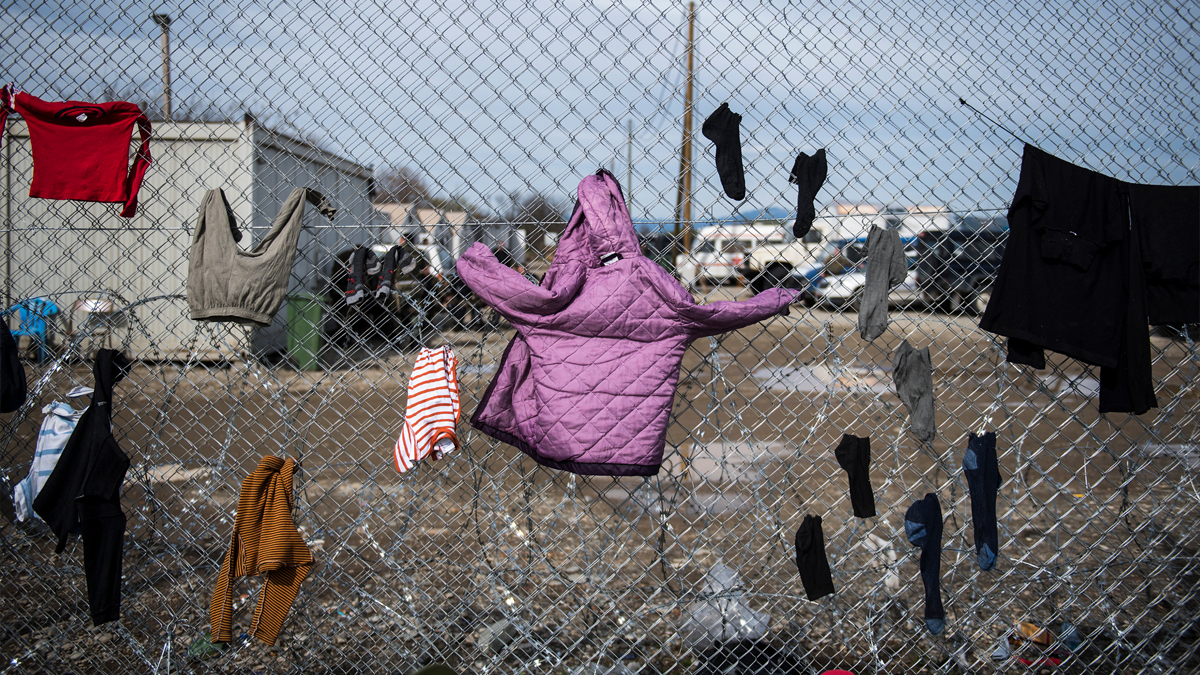Last year, Ruvi co-authored a letter to the Israeli Attorney General imploring him not to authorise plans to forcibly deport Eritrean and Sudanese asylum seekers from Israel. The letter was signed by over fifty immigration and international refugee law academics the world over. The petitioners successfully averted the unwanted policy with Israel's announcement of the cancellation of deportation orders and renewal of permits.
"The challenge was to look at where the law stands and how it needs to be developed. The sense of accomplishment is in being able to set out ideas, engage with scholars, advocate ideas in relevant forums and persist them until you achieve the desired long term impact."
Ruvi frequently appears in the media to discuss asylum policies. In November 2018, he was interviewed on BBC World News regarding the Trump administration's announcement that it will impose a blanket ban on asylum applications of those expected to cross the border as part of the 'caravan' passing through Mexico. Ruvi also wrote a letter to The Times on the subject titled 'Trump and the reality of modern migration'.
He currently holds the position of Senior Research Associate of the Refugee Law initiative in London and Research Associate at the Refugee Study Centre in Oxford. In July 2018, he was elected Chair of the Board of Trustees of New Europeans UK, an award-winning NGO empowering mobile EU citizens. Since 2017, he also serves as Chair of the Oxford European Association.
Producing the next generation of advocates of refugee law
When Ruvi joined Reading, he was keen to introduce a dedicated postgraduate module in International Refugee Law. After having developed the module year on year, Ruvi and his team introduced a research placement module with a unique migration and asylum project for undergraduate law students, jointly with co-counsel.
The idea was to try and create a map for public consumption including the laws, judgements and commentaries on asylum and refugee law in the UK. Students will be credited for their work and the map will be counted as the School of Law's contribution to this area of law.
This year, the School will implement last year's first instalment and students will work on updating and expanding the map.
How does Ruvi's work feed into the student learning experience
During postgraduate seminars, students are asked to pick and critically review Ruvi's written work including his acclaimed monograph; Voting Rights of Refugees. The publication essentially makes a case for why a country only allows citizens to vote when it recognises refugees. His work was endorsed by the Institute for Democracy and Electoral Assistance in a report published earlier this year.
"Postgraduate students come from around the world with different backgrounds. I find student disagreements enticing. They make me challenge my own perceptions and evolve further research."
Whether it is referring to the Israel Palestine conflict as a case study to teach general LLM modules such as use of force, the role of human rights law and questions on state recognition; or referring to prisoner voting and rights of UK citizens living outside UK while teaching the Public Law module, Ruvi tries to link contemporary issues with theory.
Being politically involved in presenting the mentioned cases in certain forums, EU, Israeli and UK parliaments and the media, Ruvi brings the energetic debates to class. Teaching and seminar discussions include theoretical questions and burning issues such as interception at sea, detention, border fences, armed conflict and civilian displacement.




